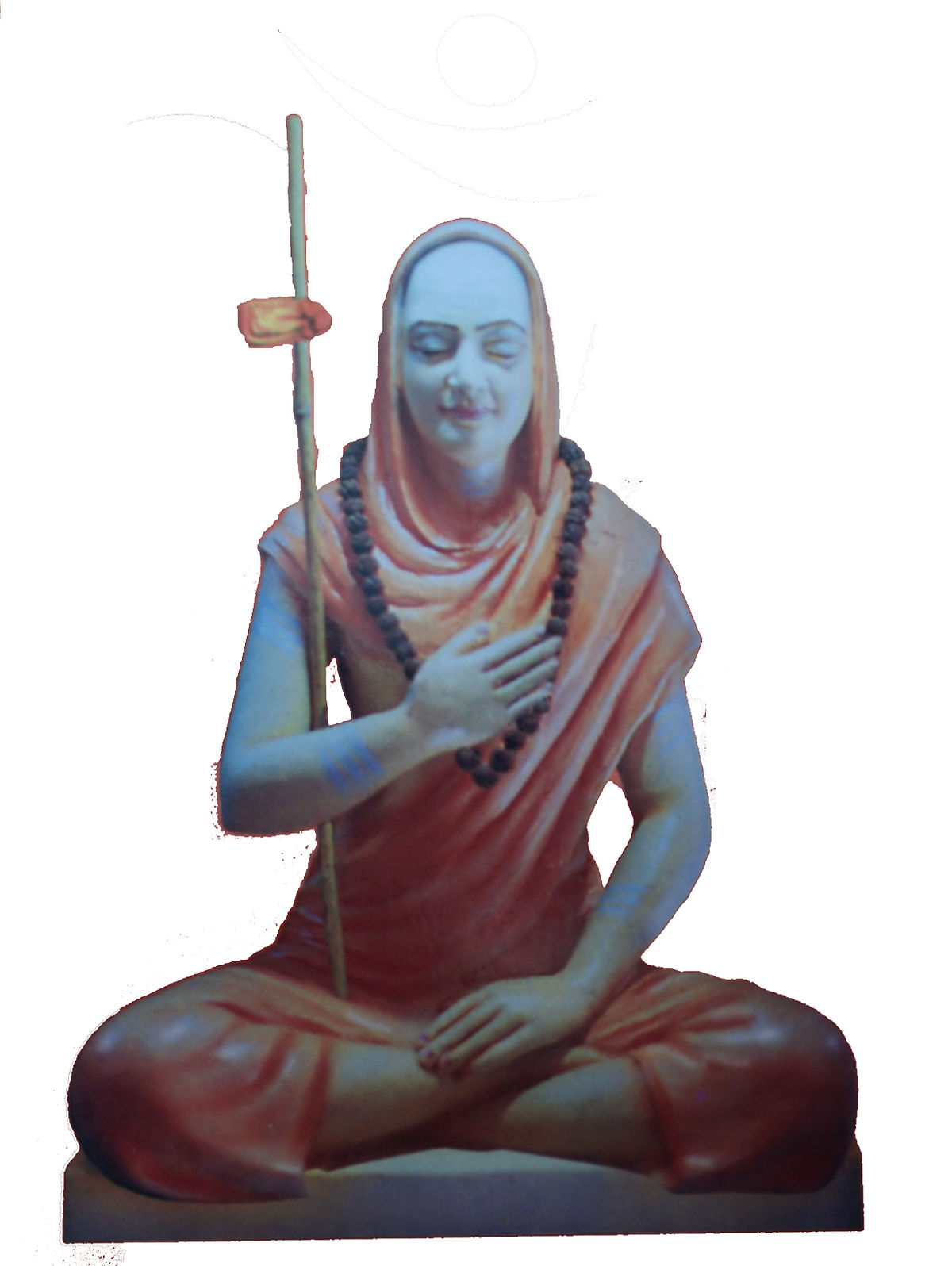
Advaita Vedanta
IndiaAdvaita Vedānta is the oldest extant tradition of Vedānta, and one of the six orthodox (āstika) Hindu philosophies (darśana). Its history may be traced back to the start of the Common Era, but takes clear shape in the 6th-7th century CE, with the seminal works of Gaudapada, Maṇḍana Miśra, and Shankara, who is considered by tradition and Orientalist Indologists to be the most prominent exponent of the Advaita Vedānta, though the historical fame and cultural influence of Shankara grew only centuries later, particularly during the era of the Muslim invasions and consequent reign of the Indian subcontinent. The living Advaita Vedānta tradition in medieval times was influenced by, and incorporated elements from, the yogic tradition and texts like the Yoga Vasistha and the Bhagavata Purana. In the 19th century, due to the interplay between western views and Indian nationalism, Advaita came to be regarded as the paradigmatic example of Hindu spirituality, despite the numerical dominance of theistic Bkakti-oriented religiosity. In modern times, its views appear in various Neo-Vedānta movements.
